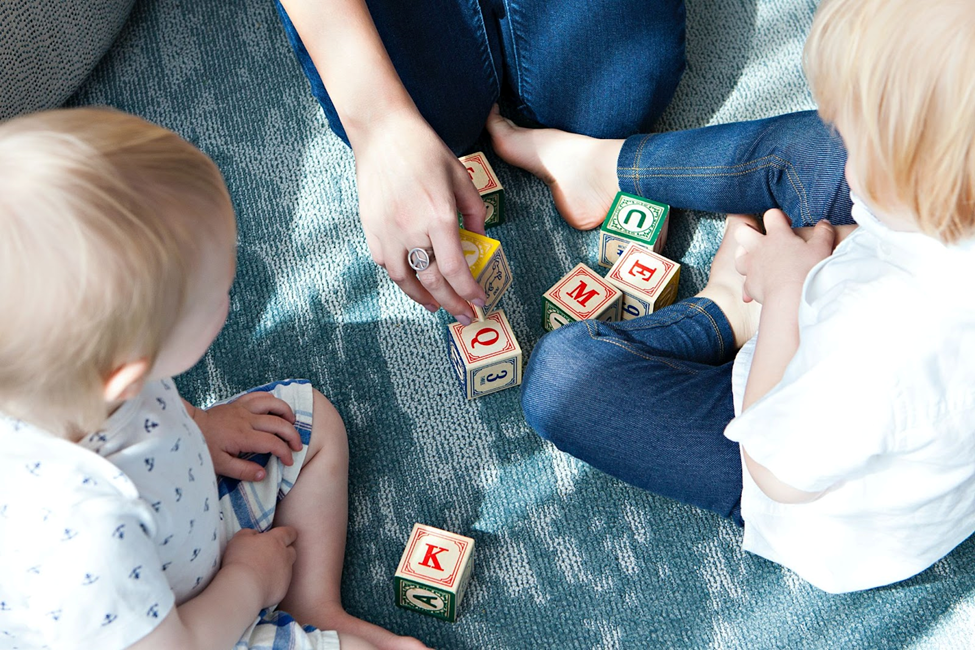Parental attitudes are pivotal in shaping children’s development and future trajectories, guiding their values, beliefs, and behaviors. The influence of parental attitudes extends far beyond the confines of the family unit, exerting a profound impact on children’s social, emotional, and cognitive development and their long-term outcomes in various domains of life.
This essay will explore the intricate interplay between parental attitudes and children’s prospects, specifically focusing on legal guardians and their pivotal role in shaping children’s lives. Legal guardians who provide children with care, support, and guidance greatly influence their well-being and development. Through explicit instruction, implicit modeling, or creating a nurturing and supportive environment, legal guardians shape the contours of children’s experiences and help mold their identities and aspirations.
However, the impact of parental attitudes on children’s future trajectories is not solely determined by individual beliefs and behaviors. Rather, it is intricately intertwined with broader social, cultural, and legal frameworks that govern family life. Legal systems, informed by societal norms and values, play a crucial role in shaping the rights and responsibilities of parents and guardians and the parameters within which they exercise their authority. Thus, understanding the complex interplay between individual attitudes, legal frameworks, and societal norms is essential for comprehensively analyzing the role of parental attitudes in shaping children’s futures.

Key Parental Attitudes and Their Impact
Positive attitudes are crucial to children’s well-being and contribute to their self-esteem, resilience, and overall well-being. Supportive and encouraging attitudes, such as unconditional love, high expectations, and emotional support, foster children’s confidence and self-worth. Authoritative parenting, characterized by warmth, clear boundaries, and age-appropriate discipline, fosters independence, responsibility, and social skills. Open communication and collaboration between parents and children are essential for fostering trust, respect, and positive coping mechanisms.
However, negative attitudes can have detrimental effects on children’s well-being. Extreme parenting styles, such as authoritarian control or permissiveness, can lead to anxiety, low self-esteem, and behavioral problems. Prejudice and discrimination based on factors like race, gender, or socio-economic status can impact children’s identity development, self-perception, and future opportunities. Exposure to biased beliefs and discriminatory behaviors at home can undermine their sense of belonging, hinder academic achievement, limit social interactions, and impede the ability to form meaningful relationships based on mutual respect and acceptance.
Neglectful or abusive behaviors of parents can have devastating consequences on children’s physical and mental health, academic achievement, and future relationships. Physical abuse, emotional neglect, or verbal aggression can inflict lasting trauma, erode self-esteem, and impair children’s ability to form trusting relationships. Chronic stress and instability in the home environment can disrupt brain development and increase the risk of psychological disorders and maladaptive coping strategies later in life. Therefore, parents must adopt positive attitudes and encourage open communication and collaboration to foster a healthy and supportive environment for their children.

Navigating the Impact of Legal Guardians’ Beliefs and Behaviors
Legal guardianship involves a range of rights and responsibilities that shape children’s lives, often governed by laws and regulations. These include provisions regarding education, healthcare, financial support, and living arrangements. Family law determines custody arrangements following divorce or separation, prioritizing the child’s best interests. Laws addressing child abuse and neglect establish protocols for reporting and investigating instances of harm within guardian-child relationships.
Legal frameworks also play a crucial role in addressing discriminatory practices or neglectful behaviors within guardianship arrangements. Anti-discrimination laws protect children from harmful treatment based on factors such as race, religion, gender, or disability. Child welfare laws mandate intervention and support services when guardians fail to provide adequate care or engage in abusive behaviors.
Support systems, including social workers, mental health professionals, and community resources, are vital in addressing negative parental attitudes or harmful behaviors. Social workers assess the safety and well-being of children, intervene in cases of abuse or neglect, and connect families with needed services and support. Mental health professionals provide therapy and counseling to children and parents, addressing underlying issues contributing to negative attitudes or behaviors and promoting positive change.

Finding a balance between individual freedom and child welfare requires a nuanced approach, considering each case’s unique circumstances. This may involve collaborating with legal and ethical experts to assess the risks and benefits of different courses of action and developing tailored interventions that prioritize the child’s needs while respecting the rights of all parties involved.
Additional Considerations
To nurture children’s futures, it is crucial to acknowledge the multifaceted nature of their development and the diverse factors that shape their journey. It is essential to tailor approaches to cater to each child’s unique needs, developmental stages, and personalities rather than adopting a one-size-fits-all approach. By recognizing and addressing each child’s specific strengths, challenges, and preferences, caregivers and professionals can provide more effective support that resonates with the child’s unique circumstances.
Collaboration and communication are essential for supporting children’s futures. Fostering open communication between legal guardians, educators, mental health professionals, and other stakeholders allows for the development of holistic strategies that address children’s diverse needs comprehensively. This also extends to advocating for children’s rights and accessing appropriate support networks.
Cultural context and sensitivity are also crucial for providing culturally sensitive support. Caregivers and professionals must be mindful of diverse belief systems, traditions, and values that influence families’ approaches to child-rearing. By incorporating cultural sensitivity into interventions and support mechanisms, it is possible to bridge cultural divides, foster trust, and promote positive outcomes for all children, regardless of their background.
In conclusion, nurturing children’s futures requires a multifaceted approach beyond addressing parental attitudes alone. By prioritizing individualized support, fostering collaboration and communication, and embracing cultural sensitivity, caregivers and professionals can create environments where all children can thrive and reach their full potential.
Conclusion
In conclusion, parental attitudes profoundly influence children’s development and future trajectories, shaping their values, beliefs, and behaviors. Legal guardians entrusted with caregiving play a pivotal role in molding children’s identities and aspirations through their attitudes and behaviors. However, the impact of parental attitudes extends beyond the family unit, intersecting with broader social, cultural, and legal frameworks that shape children’s futures.
Recognizing the multifaceted nature of children’s development, tailoring interventions to individual needs, and embracing cultural sensitivity are essential for nurturing children’s futures effectively. By fostering collaboration, communication, and cultural understanding, caregivers and professionals can create environments where all children can thrive and reach their full potential, regardless of their background or circumstances. Ultimately, by prioritizing the well-being of children and promoting positive parental attitudes, we can shape a brighter future for generations to come.


